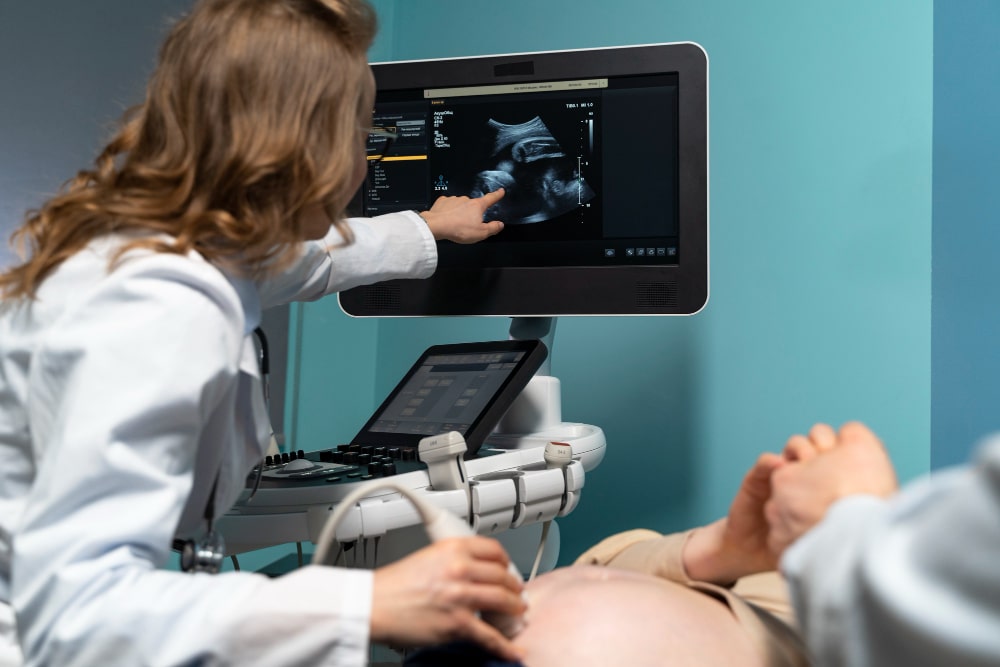Cancer Support Services
Speech & Swallowing Rehabilitation
The restoration and rehabilitation of speech and swallowing disorders are crucial to optimize the quality of life after treatment of head and neck cancers. A robust interdisciplinary team approach is crucial to provide the best short- and long-term outcomes to these patients. Speech Language Pathologists (SLP) are vital in both, the inpatient and outpatient settings. An SLP assesses speech and swallowing abilities at baseline, during cancer treatment, and recommends rehabilitative measures to maximize these abilities after the cancer treatment.
- Pre-habilitation: It is a process on the cancer continuum of care that occurs between the time of diagnosis and the start of acute treatment and consists of assessments that establish a baseline functional level, identify impairments and provide interventions that promote physical and psychological health, in order to reduce the incidence and/or severity of future impairments. This includes counselling the patient and the family about the realistic speech and swallowing functional outcomes and prognosis post cancer treatment.
- Evaluation and Diagnosis: Patients with head and neck cancers exhibit speech and swallowing difficulties depending on the size, location and extent of the tumour. They need to undergo comprehensive evaluations, which involve a range of assessments including clinical speech & swallowing assessment, voice assessment along with the instrumental evaluations such as Videofluoroscopic Swallowing Study (VFSS/MBS), Fiberoptic Endoscopic Evaluation of Swallowing (FEES), Videostroboscopy, etc; which provide detailed study of the speech and swallowing physiology. This aids prompt diagnosis.
- Treatment and Rehabilitation: Based on the evaluation findings, individualised treatment plans are developed to address the patient's specific needs, such as:
- - Speech Therapy: Targeted exercises and techniques to improve articulation, voice quality and thereby improving the overall speech intelligibility. For the patients undergoing total laryngectomy, alaryngeal modes of communication like tracheoesophageal voice prosthesis, electrolarynx, esophageal speech are targeted jointly by the SLP and laryngectomee volunteers (CRC team).
- - Swallowing Therapy: Exercises and maneuvers along with dietary modifications as well as compensatory strategies to ensure efficient and safe swallowing. FEES assisted swallowing rehabilitation is also carried out which helps in providing biofeedback to the patient.
- Follow-Up and Monitoring: Regular follow-ups are scheduled to monitor progress and make any necessary adjustments to the treatment plan. This ensures that patients receive ongoing support and care throughout their rehabilitation journey.
Overall, speech and swallowing services at HNCII aims to improve patients' communication abilities and promote safe and efficient swallowing, thereby, enhancing their quality of life.
Cancer Rehabilitation Clinic
The Hospital offers support and guidance to individuals who have undergone cancer surgery. It acknowledges the emotional challenges of a cancer diagnosis and emphasizes the importance of focusing on life after surgery. It highlights the availability of support through the Cancer Rehabilitation Clinic, where patients can connect with others who have shared experiences and receive practical advice on various aspects of recovery, including physical, emotional, and practical needs.
At HNCII, our dedicated team of volunteers is committed to supporting you through your treatment and recovery process. From understanding the nuances of your diet and exercise regimen to exploring options for wigs, prosthetics, and speech therapy, we're here to provide the information and support you need.
Our Cancer Rehab Clinic offers:
- Expert guidance on diet and exercise.
- Information on clothing, wigs, and prosthetics.
- Support in coping with chemotherapy, radiation, and other treatments.
- Guidance on using electrolarynx/esophageal speech devices.
- Comprehensive speech therapy services.
- Valuable tips and tricks for managing your journey.
Palliative Care
As the Dept of Pain & Palliative care, we ensure we walk with the patients and their caregivers during their entire process of illness - from diagnosis to end of life and bereavement.
Patients are seen extensively on their first visit with us and a plan of care is charted out for them taking into account their disease, pain score, other physical symptoms, psychosocial circumstances and caregiver distress. These patients are treated in accordance with the principles of total pain - physical, psychosocial and spiritual components of their illness are cared for through regular follow up. Follow up services are extremely important in long term chronic illnesses like cancer to help manage the patients health, detect any recurrence, new symptoms and to manage side effects of any medications. Our Counselling services are important to manage anxiety and depression in cancer patients as well as spiritual distress. In addition to these services for the patient, we also provide “care for the caregiver” a unique service to manage caregiver distress and ensure their well being.



.jpg)